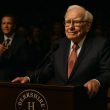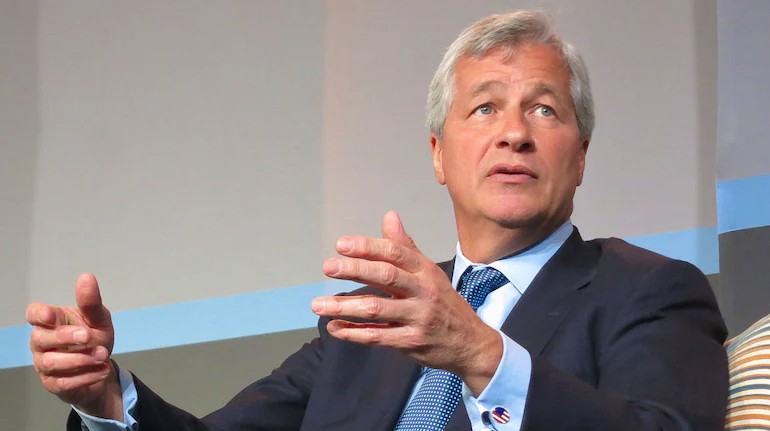The US economy is encountering dynamic shifts, some of which may level down its progressive approach. Per a recent warning issued by Jamie Dimon, CEO of JP Morgan Chase, interest rates could soar past 8%, threatening the stability of all leading economic US verticals.
Dimon further shared an alarming prediction, adding that the soaring interest rates could jeopardize the US’s vision of embracing a Goldilocks economic structure. The plummeting economic data metrics, coupled with high inflationary pressure, could send the interest breach past 8%, inviting a chaotic economic meltdown.
Also Read: US Dollar Can Steadily Decline in the Next Few Years
Dimon Issues Reasons Why Interest Rates Could Breach Past 8%


Per a Forbes article, Dimon shared that the US’s “Goldilocks soft landing outcome” for the economy is in grave jeopardy. Goldilocks, in general administrative analogy, refers to an ideal state of the economy that is neither too hot (inflationary) nor too cold (recession).
Dimon predicted an alarming forecast, adding that the currency direction of the US economy is slowly inching towards encountering a serious crisis. The crisis entails interest rates soaring to breach new highs, breaching a possible threshold of “8% or even more” triggering mayhem in the process.
“There is also a growing need for increased spending as we continue transitioning to a greener economy, restructuring global supply chains, boosting military expenditure, and battling rising healthcare costs.”
The head of JP Morgan shared how he believes “stagflation” is slowly creeping into the US economic structure. Dubbed an economic structure characterized by recession and high inflationary prospects, the development could soon take over the US economic verticals, adding fuel to the growing administrative woes.
Dimon warnings are based on the current economic premise, where the majority of the stock indexes are projecting in green while anticipating lower interest rates.
What Are Some Major Inflationary Pressures Putting the US Economy in Jeopardy?
Dimon further elaborated on factors that may be playing an elemental role in putting pressure on the US economy. The head of JP Morgan Chase shared that the current global military conflict narratives, which are rising, can compel the US to tackle high prices and availability woes.
“Plus, the ongoing wars in Ukraine and the Middle East continue to have the potential to disrupt energy and food markets, migration, and military and economic relationships, in addition to their dreadful human cost. These significant and somewhat unprecedented forces cause us to remain cautious.”
Also Read: Currency: Will the Kenyan Shilling Become Stronger Than the US Dollar?
Similarly, the lingering efforts deployed by the global banks post-pandemic are now taking shape, putting more pressure on US economic trends and verticals. The central banks across the world adopted a harsh economic stance to protect their nations from crumbling while COVID-19 was raging across all fronts.





